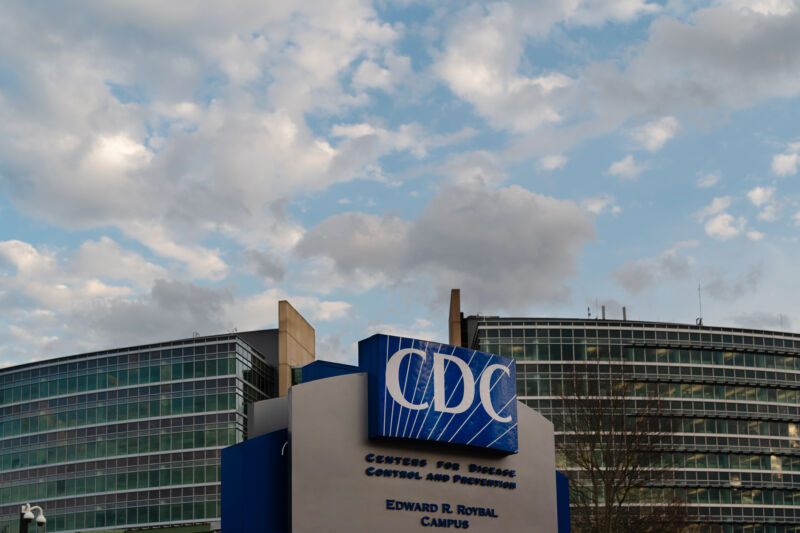
In a dramatic move, the Centers for Disease Control and Prevention on Friday restored its recommendation to test people who have been exposed to the pandemic coronavirus, SARS-CoV-2, but don’t have symptoms—erasing politically motivated changes made by members of the Trump administration without the support or input of CDC scientists.
The CDC had—until August 24—always recommended testing for all people who have had close contact (within 6 feet for 15 minutes or more) with someone infected with SARS-CoV-2, regardless of symptoms. The CDC stated clearly that this is “important” and should be done quickly “because of the potential for asymptomatic and pre-symptomatic transmission,” which is largely thought to drive the pandemic.
But the guidance was abruptly and quietly changed August 24 to say that exposed people who do not have symptoms “do not necessarily need a test.”
Doctors and infectious disease experts immediately blasted the change. The Infectious Diseases Society of America called for “the immediate reversal of the abrupt revision.” And American Medical Association President Susan Bailey called the revision “a recipe for community spread and more spikes in coronavirus.”
-
The restored guidance on Friday, September 18
-
Changes made by the Trump administration on August 24.
-
CDC's recommendation prior to August 24, 2020.
Admiral Brett Giroir—assistant secretary for Health at the Department of Health and Human Services and lead for COVID-19 diagnostic testing efforts—emphatically defended the change, saying it originated at the CDC and was supported by members of the White House coronavirus task force.
But media reports quickly contradicted his comments. On August 26, CNN reported that an anonymous official at the CDC said the change did not originate with scientists at the agency but from the upper ranks of the Trump administration. “It’s coming from the top down," the official said.
You need a test
CNN also reported that Anthony Fauci, director of the National Institute of Allergy and Infectious Diseases and a key expert on the White House coronavirus task force, did not see or approve of the changes. In fact, he said he was undergoing surgery to remove a polyp on his vocal cord when the revisions were discussed.
"I was under general anesthesia in the operating room and was not part of any discussion or deliberation regarding the new testing recommendations," Fauci said.
He added he was “concerned about the interpretation” of the changes and “worried it will give people the incorrect assumption that asymptomatic spread is not of great concern. In fact, it is."
A New York Times story September 17 added more details of the political interference, reporting that changes to the testing guidance did not go through the CDC’s standard, lengthy review and clearance process. Instead, the change was “dropped” onto the agency’s website. CDC officials told the Times that the altered guidance has blaring errors and uses terms and formatting that would otherwise never be included in CDC documents—all obvious indications to those inside the agency that it was produced by outsiders. The Times also obtained an email in which a senior CDC official told agency scientists, “We do not have the ability to make substantial edits.”
In a statement, CDC Director Robert Redfield denied the political intrusion and flouted the review process reported by the Times: “The guidelines, coordinated in conjunction with the White House Coronavirus Task Force, received appropriate attention, consultation and input from task force experts.”
Now, the guidance is largely restored to its previous state. One addition is that this update includes caution that a single negative test does not mean a person will remain uninfected. This stems from concern that people tested too early after an exposure may test negative only to develop an infection soon after. The guidance now recommends that “even if you have a negative test, you should still self-isolate for 14 days.”
reader comments
213